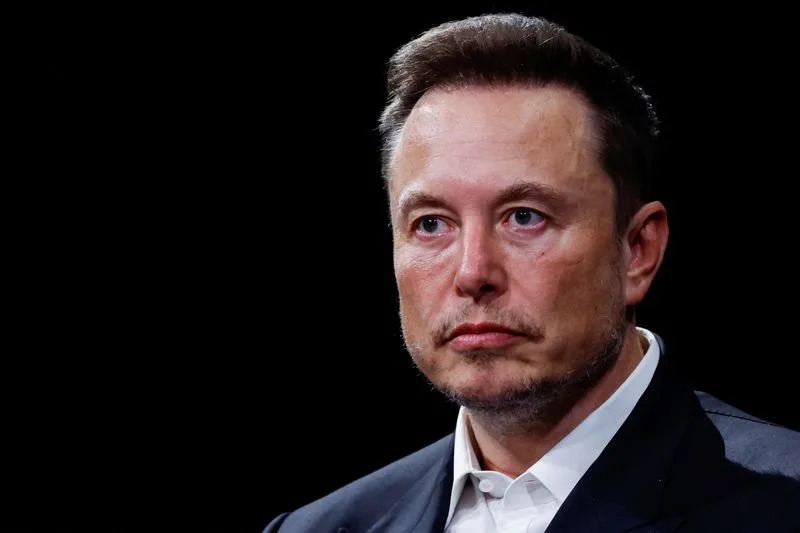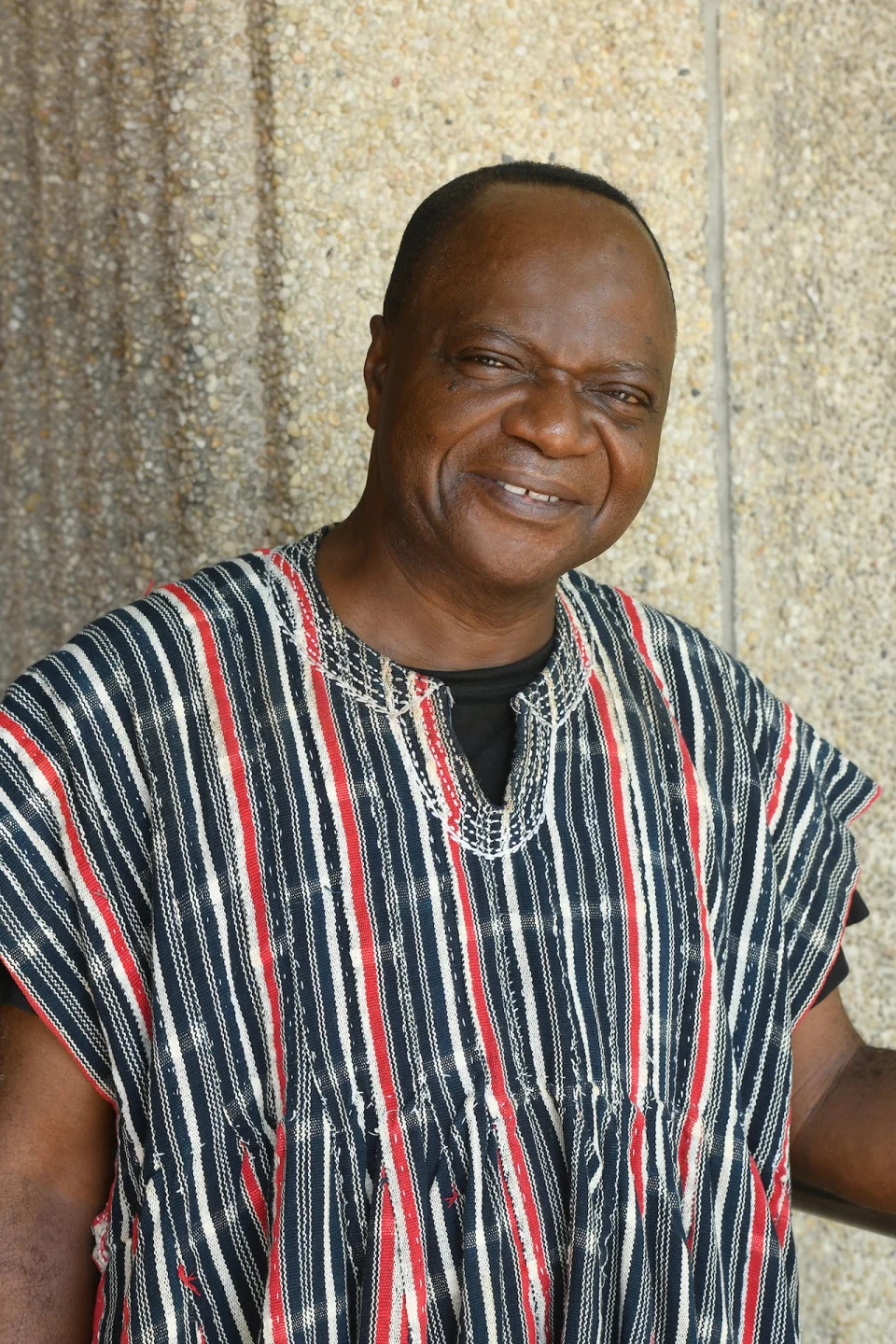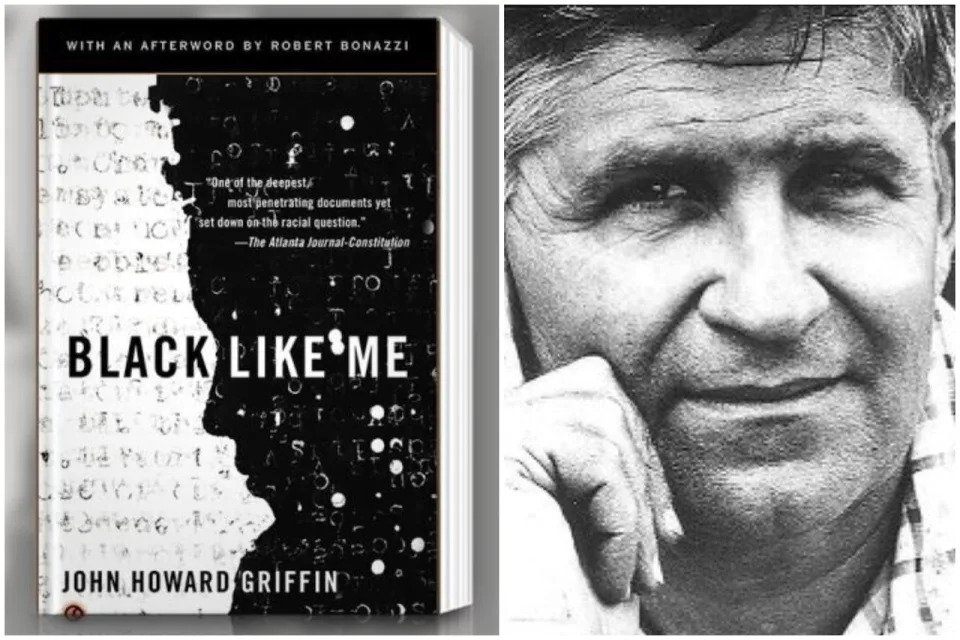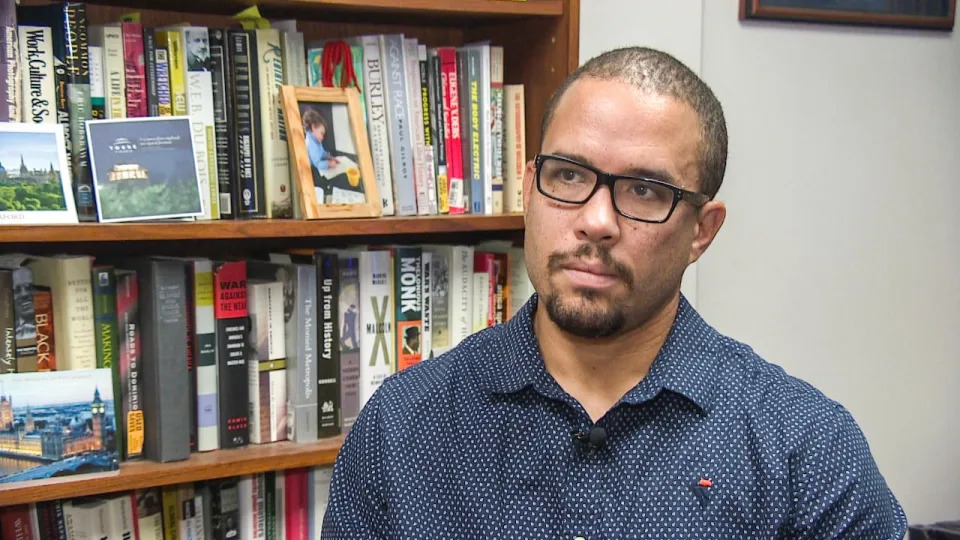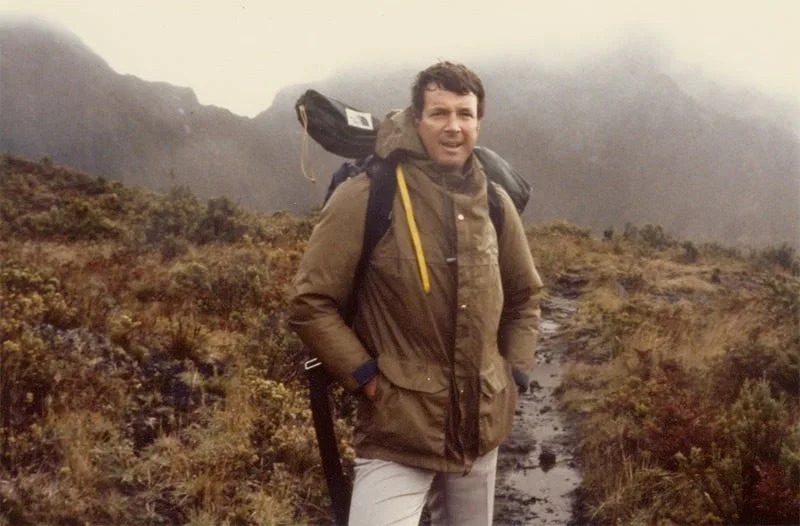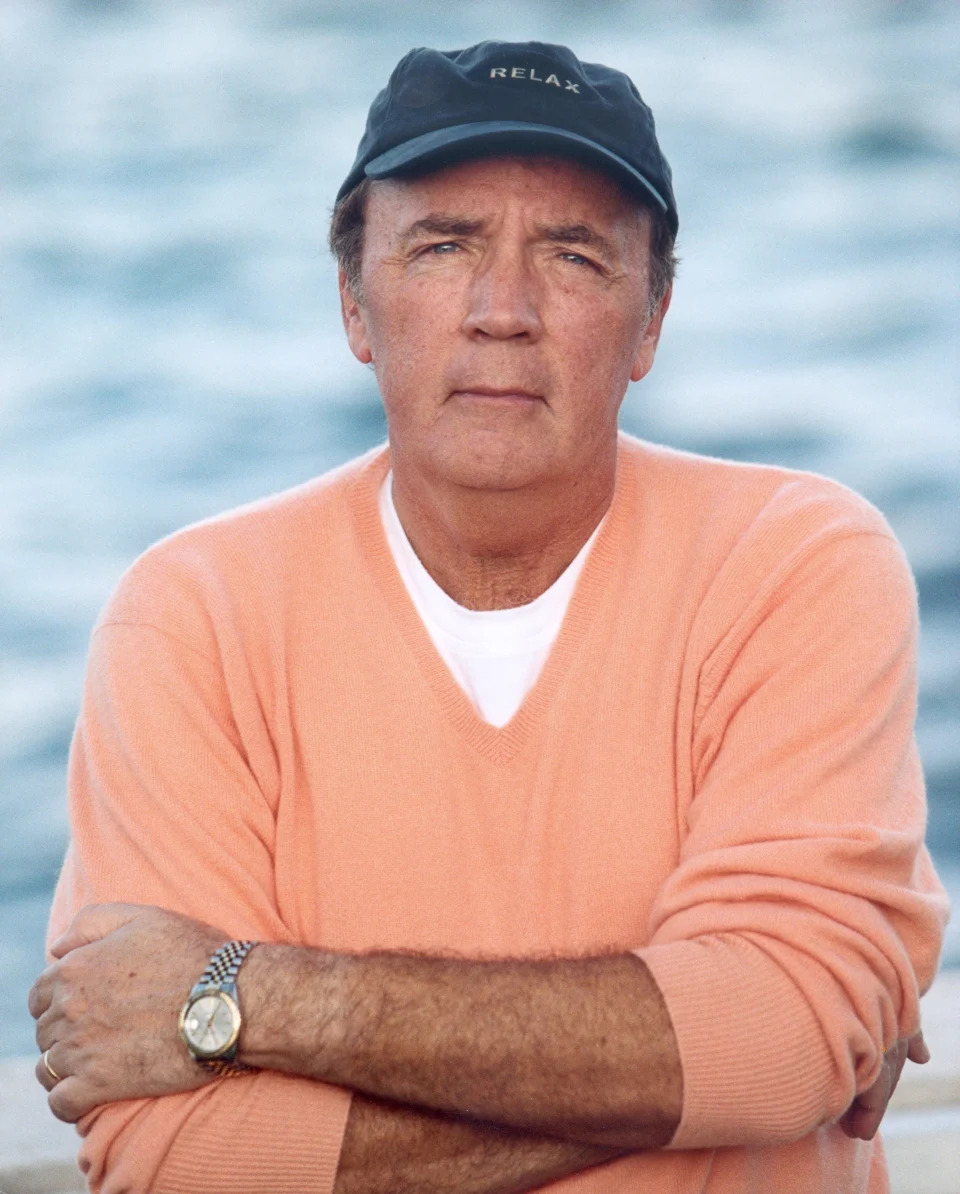Story by Jonathan Stempel •

A ponderosa pine tree is cut down after having burnt in the Brattain Fire, at Fremont National Forest, near Paisley, Oregon, U.S., September 19, 2020.
By Jonathan Stempel
(Reuters) - PacifiCorp, a utility owned by billionaire Warren Buffett's Berkshire Hathaway, said on Monday it agreed to pay $178 million to resolve claims by 403 plaintiffs arising from two Oregon wildfires in 2020.
PacifiCorp now settled nearly 1,500 claims arising from the Labor Day weekend fires with individuals and businesses in Oregon and northern California.
The latest settlements cover victims of the Beachie Creek and Echo Mountain Complex fires in northwestern Oregon.
PacifiCorp said the "vast majority" of plaintiffs opted out of class-action litigation where other plaintiffs are seeking at least $30 billion.
The Portland, Oregon utility views that amount as excessive, but plans to continue settling "all reasonable claims."
It has agreed to pay more than $900 million to wildfire victims, and through March 31 had $2.4 billion of projected losses. Victims blame PacifiCorp for failing to shut down power lines during a windstorm.
Ryan Flynn, president of PacifiCorp's Pacific Power unit, said he hoped the latest settlements will provide "some closure" to plaintiffs.
George McCoy, a lawyer at Warren Allen representing the settling plaintiffs, said the accord provides "meaningful compensation" and lets victims "rebuild and recover from these traumatic events."
Related video: PacifiCorp will pay $178M to Oregon 2020 wildfire victims (KOIN Portland) View on Watch
PacifiCorp is a unit of Berkshire Hathaway Energy, which is 92% owned by Berkshire Hathaway, the Omaha, Nebraska-based conglomerate run by Buffett since 1965.
Buffett said in his annual letter to Berkshire shareholders on Feb. 24 that he "made a costly mistake" in not anticipating the financial risks from wildfires.
Greg Abel, Buffett's expected successor as chief executive, said at Berkshire's annual meeting on May 4 that PacifiCorp will continue challenging "unfounded" wildfire litigation, and that legislative and regulatory reform to help utilities was needed.
(Reporting by Jonathan Stempel in New York; Editing by David Gregorio)




